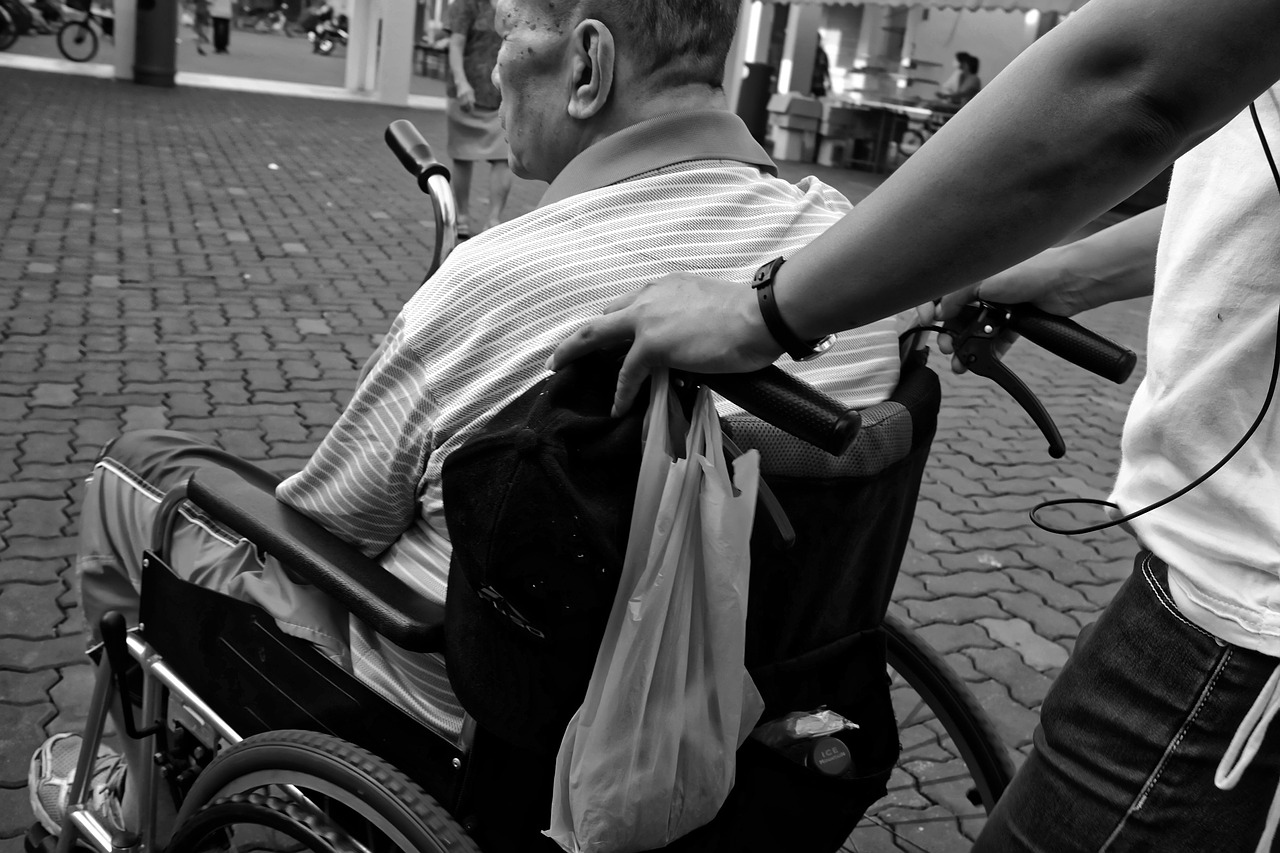There are more informal carers across the UK than you think; Are you a carer?
Today there are approximately 7 million unpaid, or ‘informal carers’ in the UK looking after sick, disabled or older people – more than 1 in 10. These are everyday people who take on the unpaid responsibility of caring for a family member or friend and the numbers are rising.
Some key facts about informal carers are…
- There are around seven million carers in the UK – that is one in ten people. This is rising.
- Three in five people will be carers at some point in their lives in the UK.
- Out of the UK’s carers, 42% of carers are men and 58% are women.
- The economic value of the contribution made by carers in the UK is £132bn a year.
- By 2030, the number of carers will increase by 3.4 million (around 60%).
Young carers across the UK
- 13,000 of the UK’s young carers care for over 50 hours a week.
- Following a survey in 2010, the BBC estimated that there are 700,000 young carers in the UK.
- 68% of young carers are bullied in schools.
- Over 39% of young carers had not informed their teacher or any member of staff that they were young carer.
- 27% of young carers (aged 11–15) miss school or experience educational difficulties.
Older carers
- One in five people aged 50–64 are carers in the UK.
- 65% of older carers (aged 60–94) have long-term health problems or a disability themselves.
- 8% of older carers say that being a carer hurts their mental health.
- One-third of older carers say they have cancelled treatment or an operation for themselves because of their caring responsibilities.
Carers caring for someone with dementia
- There are currently 800,000 people living in the UK with dementia.
- There are 670,000 unpaid carers of people with dementia in the UK.
- Two-thirds of people with dementia live at home and most are supported by unpaid carers.
- Of all the UK’s carers, 11% care for people with dementia.
Caring and getting and keeping a job
- There are 4.27 million carers of working age living in the UK; 2.44 million (57%) of these are women and 1.83 million (43%) are men.
- The employment rate for carers is at 67% (72% of men and 62% of women); over half of those who are not working say that they want to do so.
- Nearly one in eight workers is a carer.
- One in five carers gives up employment to care.
How caring affects personal finances
- In a survey, 53% of carers have borrowed money as a result of their caring role – 61% have borrowed from a friend or relative and 41% have used overdrafts.
- 60% have used all of their savings to cover the costs of caring.
- 23% have either re-mortgaged their home or downsized to a smaller property.
Claiming benefits and caring
- In a survey, 8% of carers were receiving Disability Living Allowance as a result of their disability or ill health.
- 35% of carers had missed out on state benefits because they didn’t realise they could claim them.
- Out of the carers surveyed, 9% had missed out on Carer’s Allowance for 3–5 years, 10% for 5–10 years and 14% for over ten years, because they did not realise they were entitled to it.
Carers’ health and well-being
- In a survey, carers providing more than 50 hours of care per week are twice as likely to report ill health as those not providing care.
- Carers providing high levels of care were associated with a 23% higher risk of stroke.
- 17% of carers who had taken a break of more than a few hours experienced mental ill-health compared to 36% of carers who did not have such a break since beginning their caring role.
Very often a home care service can provide not only care and support to the person in need but vital time away for the informal carer – even if this is just a few hours per week, this time enables the carer to re-energise and take a break from the stresses and strains of looking after their loved one thus maintaining a person’s sanity and health. The worst case scenario is when the informal carer’s health breaks down and they are admitted to hospital. This can then lead to the cared-for person being admitted to hospital because there is no one around to look after them, a situation which can be entirely preventable by using external Care Workers who can come in at times to suit and provide that much-needed support to both parties.

